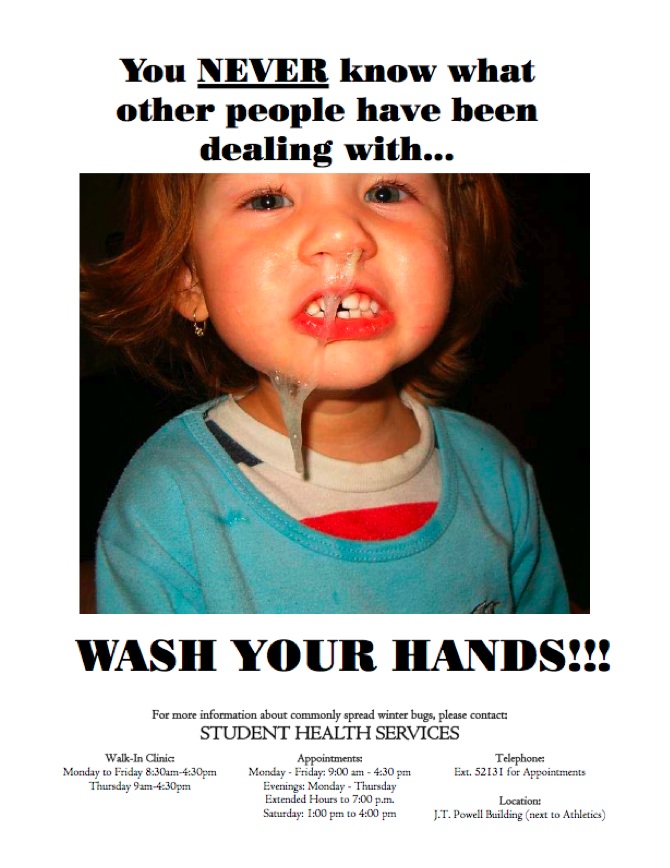A new study from the University of Aberdeen finds that two thirds of visitors to the U.K. countryside have never heard of E. coli O157.
 Does that matter? Does someone need to know specifically about E. coli O157 or do they need to know to wash their hands after playing with road apples or cow patties.
Does that matter? Does someone need to know specifically about E. coli O157 or do they need to know to wash their hands after playing with road apples or cow patties.
In the study by researchers from the Universities of Aberdeen and Bangor two thirds of rural residents and country visitors who had heard of E. coli O157 said they acted to reduce their risk of the potentially deadly infection.
However, most described how they reduced risk by cooking meat properly, and very few gave examples of reducing risk around farm animals and in the countryside.
Over 2000 tourists, residents and famers from north Wales and the Grampian region — which has one of the world’s highest rates of the infection — took part in the survey.
Dr Colette Jones from the University of Aberdeen’s School of Geosciences said:
“‘In light of last year’s E. coli O157 outbreak on the open farm in Surrey it is important to recognise that rural visitors are not as well informed as they might be. They read the signs about washing hands but may not take it seriously enough if they are not fully aware of the danger. In this project we are aiming to determine the level of understanding of the infection among farmers, locals and visitors to rural areas, and thereby identify how cases of E. coli O157 could be better prevented.”
So those ‘Employees must wash hands’ signs may not work?
Jon Stewart figured that out in 2002.
“If you think the 10 commandments being posted in a school is going to change behavior of children, then you think “Employees Must Wash Hands” is keeping the piss out of your happy meals. It’s not.”
And in honor of Road Apples, here’s the rarely played Tragically Hip song, Born in the Water, from the 1991 recording about Katie’s hometown of Sault Ste. Marie, Ontario, which at one point decided it would be a good idea to ban French.
